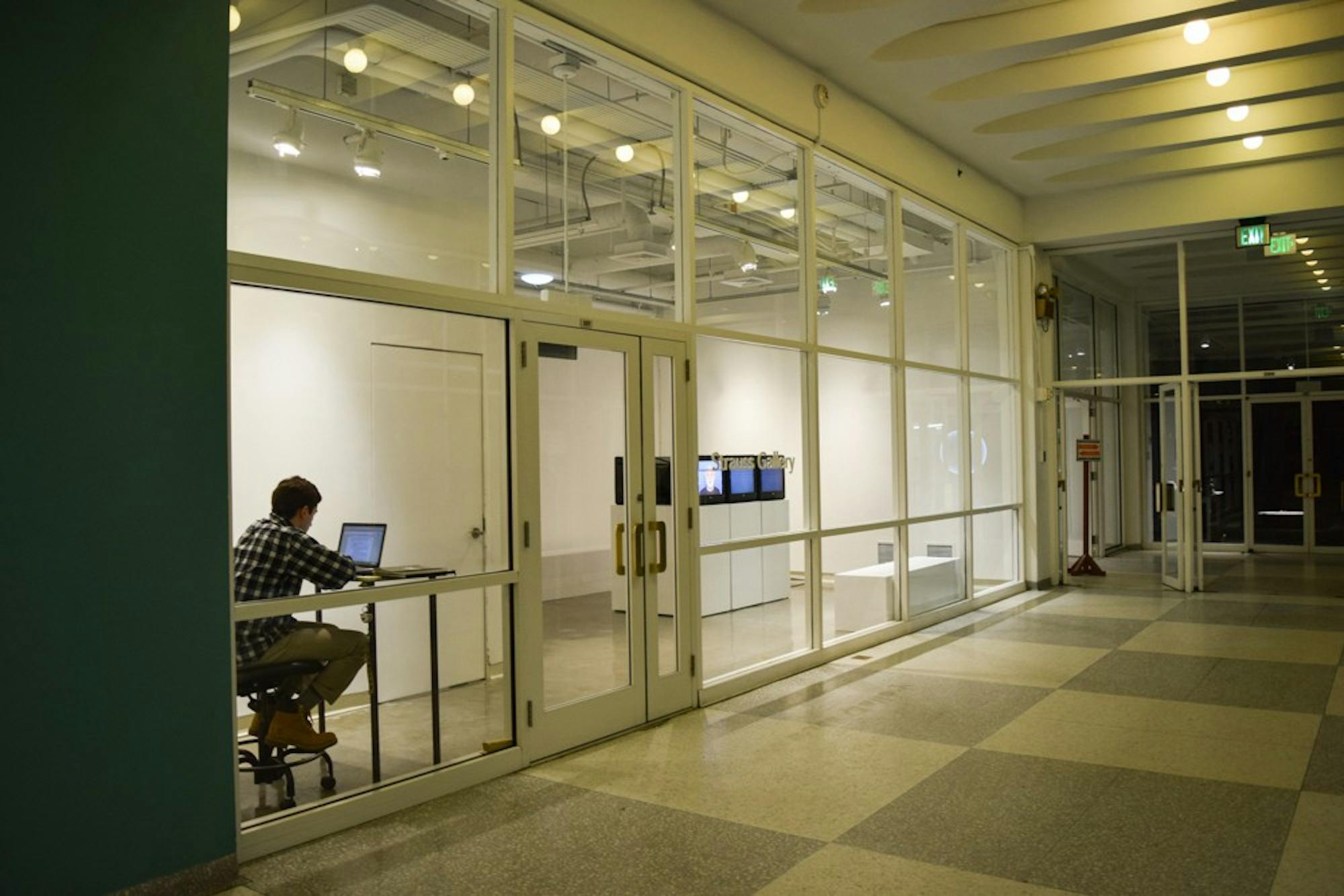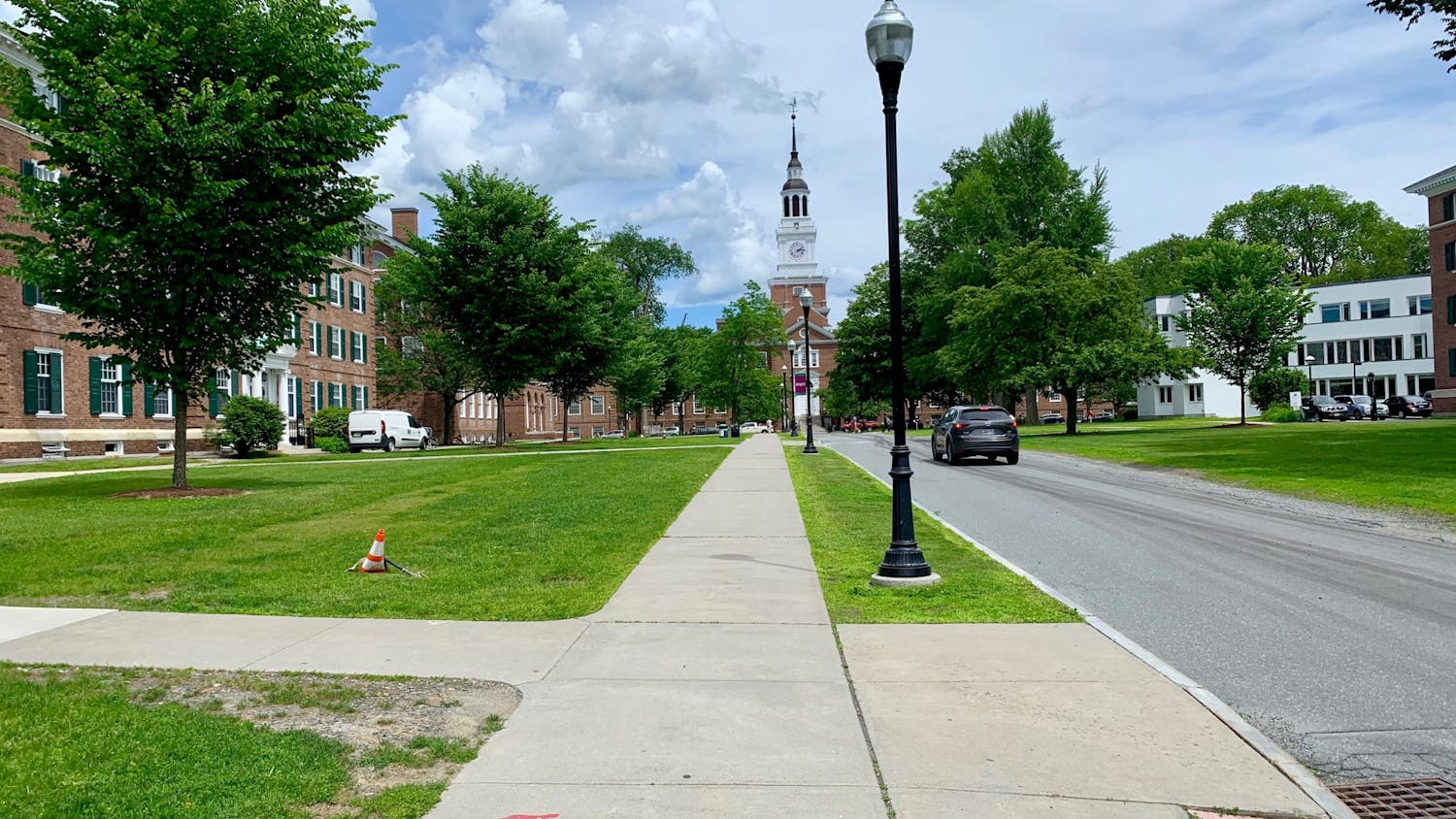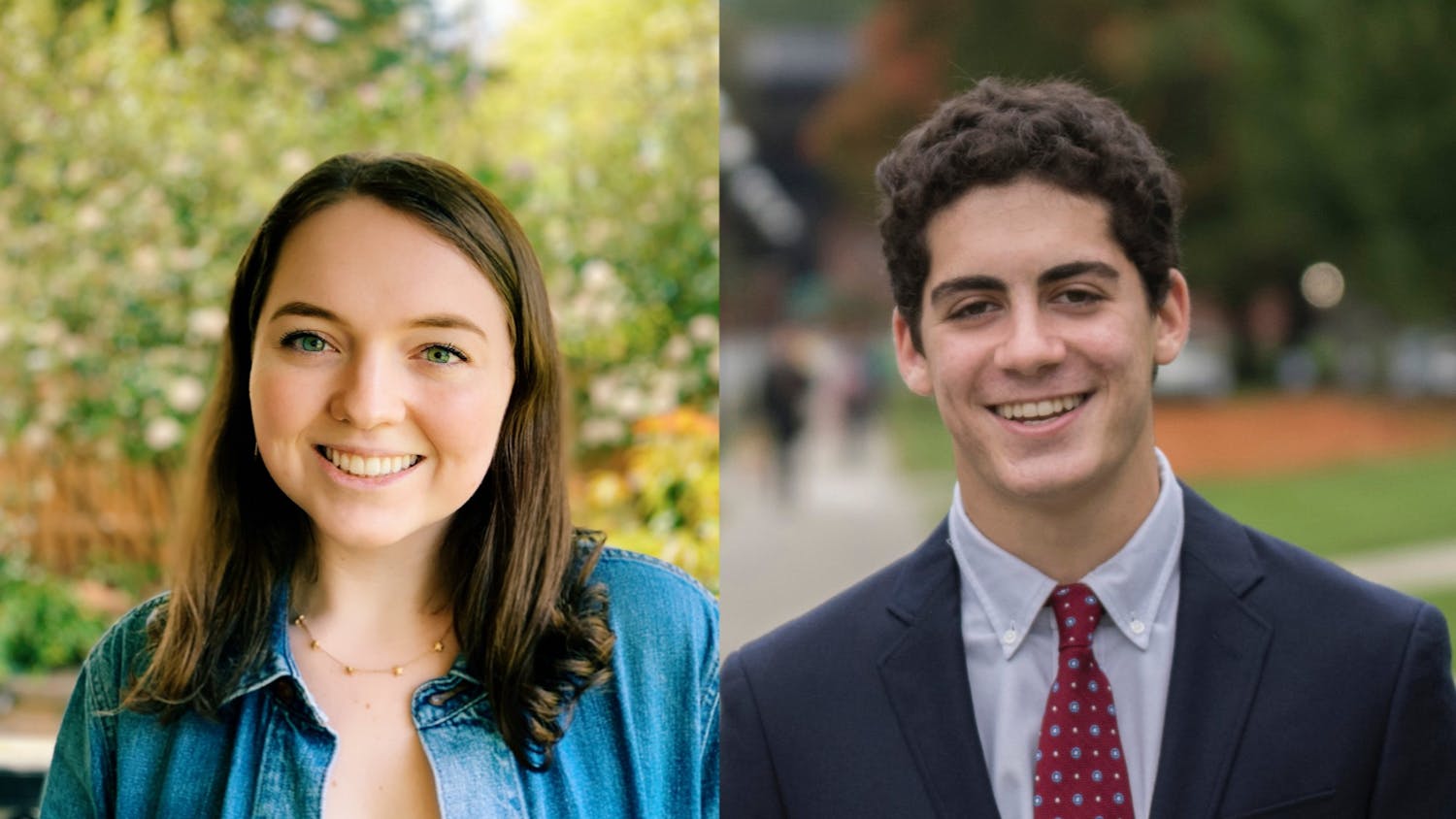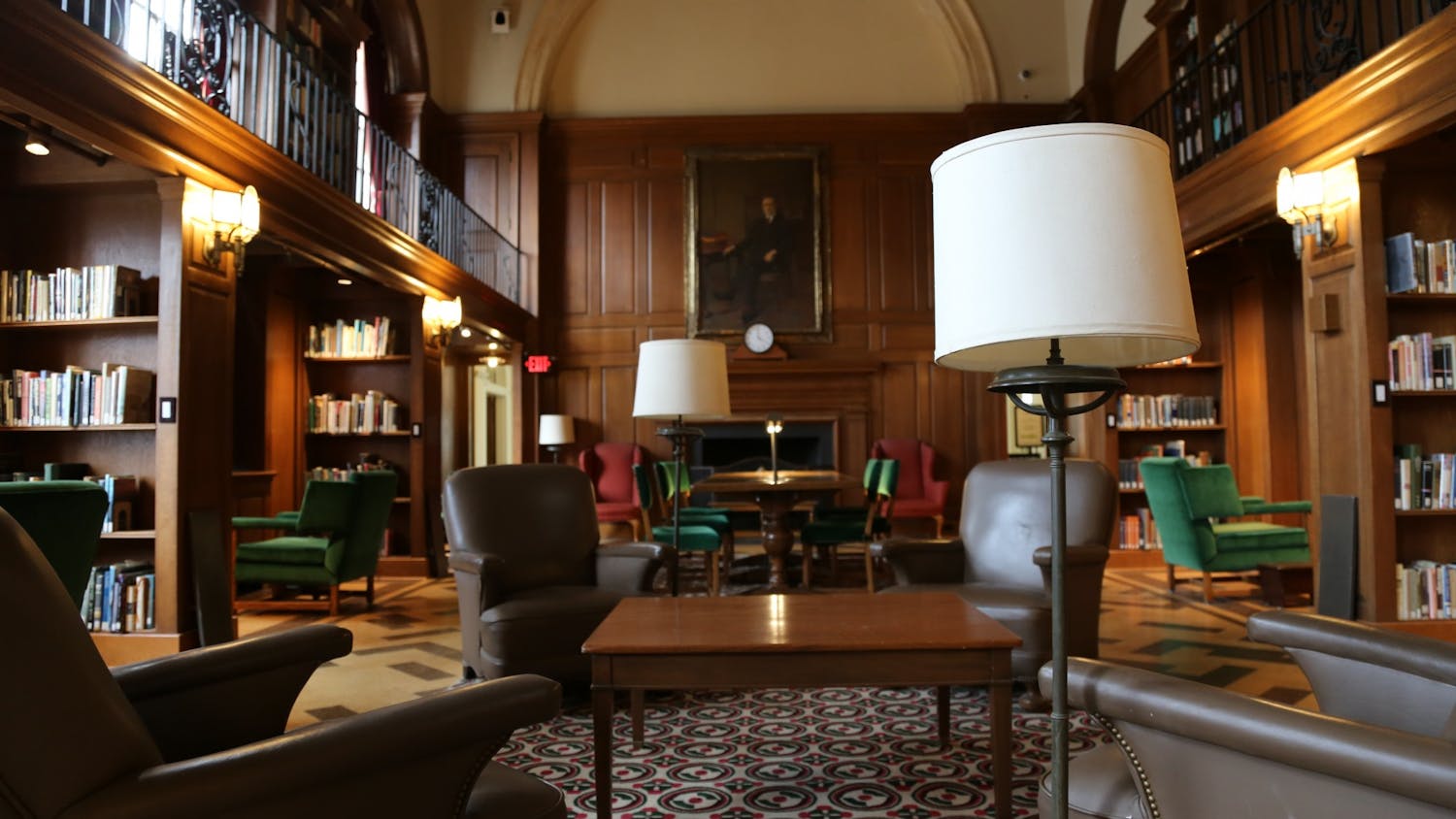Since students left Hanover last March, some student workers have lost their campus jobs, while others have adapted to online versions of their roles in the admissions office, Office of Residential Life and the Institute for Writing and Rhetoric. With little guidance yet from their supervisors, some students are uncertain about their employment opportunities for the fall.
Kathryn Putz ’22, a reception area assistant for the admissions office, said her role has expanded “a bit” now that her job has shifted to a remote format.
She sometimes sits in virtual information sessions as a student panelist and fields questions from the Zoom meeting participants, who usually number over 100. Before the last admissions cycle ended, Putz also held one-on-one Zoom meetings with prospective ’24s.
“The admissions office has done a pretty good job of adapting a lot of their programming to not be so location-based,” Putz said.
Tulio Huggins ’23 also works for the admissions office as a blogger since last fall. Every week, he posts about his college experiences in order to give prospective students a sense of life at Dartmouth.
While Huggins acknowledges that his work has always been partially remote, now that he’s at home, he doesn’t get to take pictures of campus and blog about Dartmouth-based events. He added that these days, he works fewer hours because there is less to do at home than there was on campus and blog post topics are not readily available to him.
Dina Rabadi ’22 and Rachel Quist ’22 are both undergraduate advisors this term, having started the job last fall. Quist said that when learning went remote in the spring, both Dartmouth and ORL decided it was important that the UGA position continue.
Quist said that UGAs are “just one more person that our residents would be able to come to if they had questions or concerns.”
Quist and Rabadi’s responsibilities are largely the same as they would have been on campus: they attend weekly staff meetings, weekly check-ins with their bosses and ongoing training.
Rabadi noted that she has been assigned more residents this term — she now has 50 residents, when usually the number is around 30. She said that she tries to maintain contact with her residents through office hours and coffee chats but “sometimes nobody comes.” Rabadi added that the UGAs strive to engage residents through programming like movie nights.
“We’re trying to do our best to stay engaged with Dartmouth students, but it’s definitely harder because you don’t run into them in the hallway,” Rabadi said. “You can’t say, ‘Oh hey, how’s it going?’”
In the absence of in-person run-ins, Rabadi said that she stays in touch with her residents through GroupMe and email.
Putz, Rabadi and Quist all said that their hours and wages for remote work have remained similar to those of in-person work.
Putz said she appreciates that her supervisors have been lenient with providing work hours. Most of her work — except for a fixed two-and-a-half hour slot on Fridays — has been asynchronous, and she is still paid for the allotted number of hours she would normally work on campus, even if she finishes the work in less time due to the remote nature.
Sanjana Dugar ’22 is an RWIT tutor whose duties include helping students edit their papers for one hour a week plus attending an all-staff meeting once a month. Despite having far less work than she had on-campus, she noted that her job has transitioned fairly smoothly to an online format.
“Conducting individual tutoring sessions over Zoom definitely inhibits the personal aspect of tutoring, but functionally, I think you’re going to get the same thing.” Dugar said.
Sergio Vazquez ’22, a clerk assistant for the Dartmouth library since last winter, has not experienced the same continuity with his job.
Once winter term ended, his coordinators communicated via GroupMe and “made it known that [the student employees] weren’t going to be working and that was that.” Vazquez took a break from work during spring term and in June, he started working remotely for a local clinic, independent of Dartmouth.
There isn’t a clear picture of what student employment will look like in the fall. Kari Jo Grant, senior program manager of the student employment office, wrote in an email statement that the office is currently “modifying work schedules to require fewer individuals performing essential services to be on campus at any one time and will continue to temporarily allow remote/off-site employment during this academic school year.”
Vazquez is wary about whether he will get his job back in the fall, as he plans to return to campus.
“If they decide that the library will be off-limits and completely closed, then there’s no way we’re getting our jobs back,” Vazquez said. “But if they decide to re-open with limited access, then what [the supervisors] have told us is, they’re going to try to bring back as many student workers as possible.”
He added that to bring more students back, the coordinators may reduce hours for each student.
Rabadi is similarly awaiting information from supervisors, saying that ORL is unsure of what the UGA role will look like in the fall. She remarked that the uncertainty extends beyond herself and her boss — the UGA selection committee has not yet sent out acceptances for the upcoming terms, when under normal circumstances, UGA decisions for the entire year would have been announced already.
Putz said she learned that information sessions will “probably” be conducted remotely because “Dartmouth doesn’t want any outside visitors coming.”
“It seems like I can work whether I’m on or off campus and whether I’m taking classes or not, so it doesn’t really matter,” Putz said. “But that could change, so we’ll have to see.”




